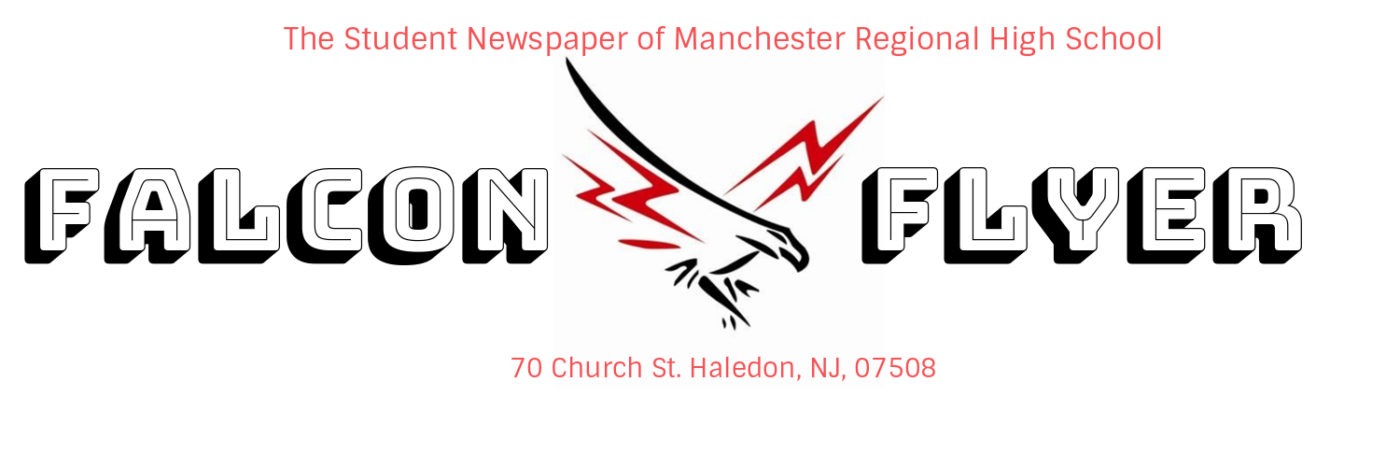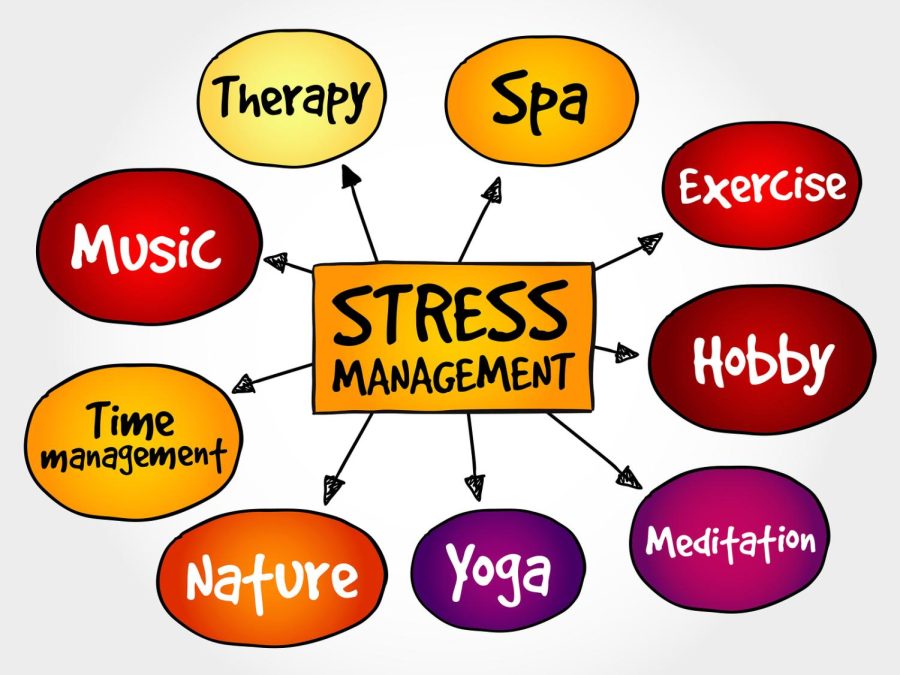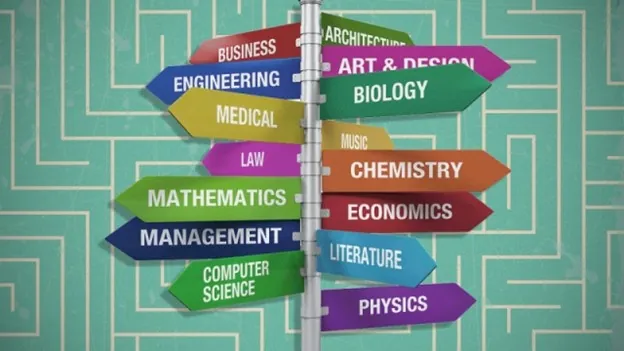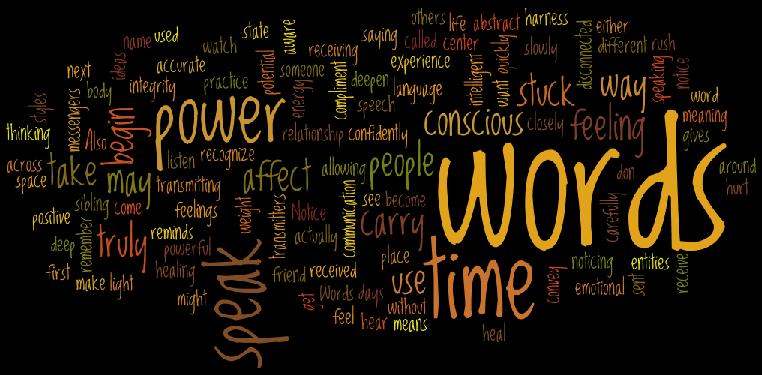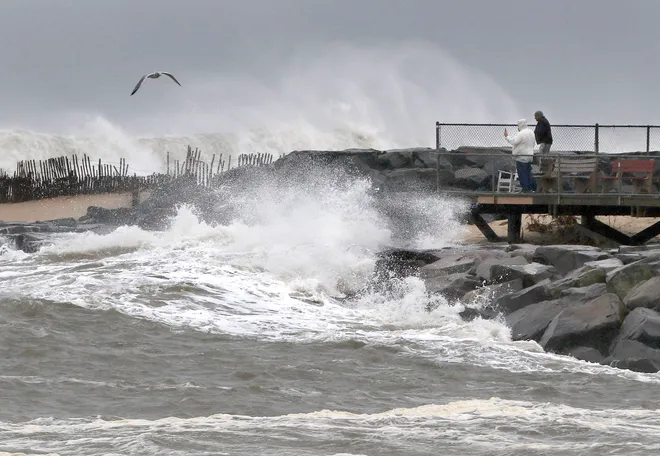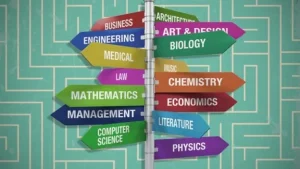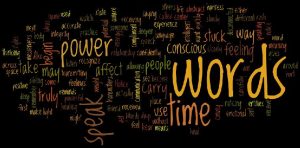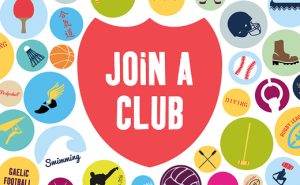Stress Management
April 25, 2022
It’s tricky for me to define stress if I’m being entirely honest. The sense of being overwhelmed is considered as stress. Everyone usually talks about little tips, techniques, or tricks, but they never seem to work. The majority of today’s teenagers deal with stress by holding it in until they explode, which is really harmful. I’m not going to give you any stress-management advice since I don’t know why you’re even stressed. What I can tell you is that there are three habits you can create to better respond to stress.
Take Control of Your Own Life
Teens need to stop blaming their parents, teachers, government, friends or somebody else. Take responsibility for your own life and the choices you make. Instead of being Reactive, be Proactive. Reactive language lets some else have power over your mood and life while proactive language makes you free to choose your own life. Learning the difference between the two can help change the way you act when receiving stress.
Here are some examples:
| Proactive Language | Reactive Language |
| I’ll Do It | I’ll Try |
| I Choose To | I Have Too |
| I Can Do better Than That | That Is Simply Who I Am. |
| Let’s Take A Look At All of Our Possibilities | There’s Nothing I Can Do |
| There Will Always Be A Way. | I Can’t |
Set Things With An End Goal
Have a personal mission statement, it will help open your eyes to what is important to you and make decisions accordingly.
Here are Some Mission Statements:
| Mission Statements |
| Ask Questions |
| Set Reachable Goals |
| Never Lose Sight of Those Goals |
| Never Take The Small Things In Life For Granted |
| Speak With Actions Instead of Words |
| Strive Everyday For Independence. |
| Have Confidence In you And Everyone Else. |
| Be Kind |
Stop Having A Win – Lose Mindset and Gain A Win – Win Attitude

